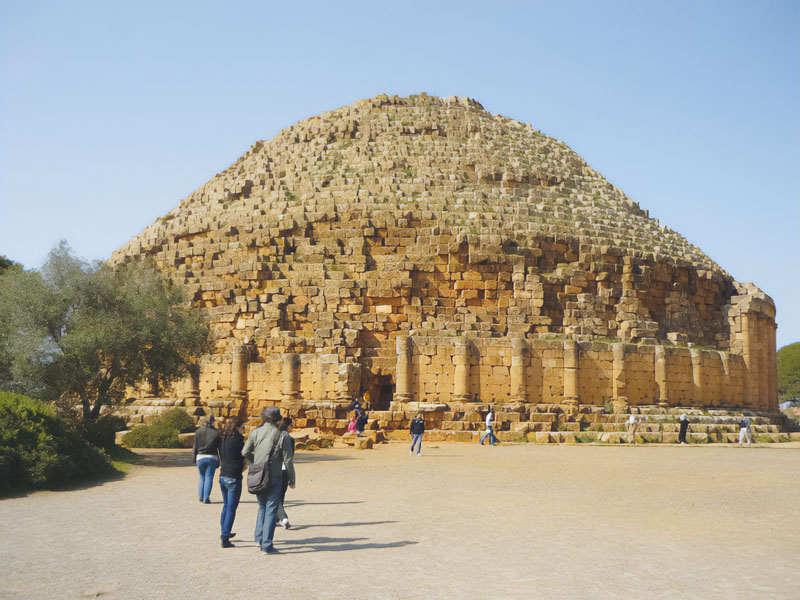The Relationship between Folk Culture and Formal Culture in Algeria
Issue 22

This paper aims to discuss issues related to folk culture and its relationship to formal culture in Algeria from the Turkish era through various stages of cultural production.

First, we must be aware that the term ‘folk culture’ causes controversy among scholars because it is confused with terms such as heritage, folklore and non-material heritage. In this paper, we base our discussion on the definition of folk culture as a set of symbols, means of artistic expression, beliefs, perceptions, values, standards, techniques, customs, traditions and behavioral patterns that have been handed down through the generations and that have survived modifications to their old functions or acquired new functions.
Formal culture is the culture adopted and propagated by official organizations. Formal culture receives the state’s attention and care, and it is developed through elite strategies, plans, and media.
The major difference between the two cultures is that in folk culture, the masses play an important role in preserving and disseminating the cultural production orally, while the elite play an important role in producing formal culture and preserving it by writing and recording it.
The history of folk culture in Algeria has been through different forms of integration with formal culture, and times when it has been threatened during various historical periods and political regimes, particularly colonial rule, which seeks to distance people from their heritage.
The paper focuses on the cultural features of Algerians during Turkish rule; these features were expressed in Arabic and in local dialects. The paper will also consider artistic forms of expression based on language and its different manifestations, taking into consideration the historical period, the geography, the literary genres and those who were famous in the literary and creative scenes.
Abdul Hamid Bourayu
Algeria


































































